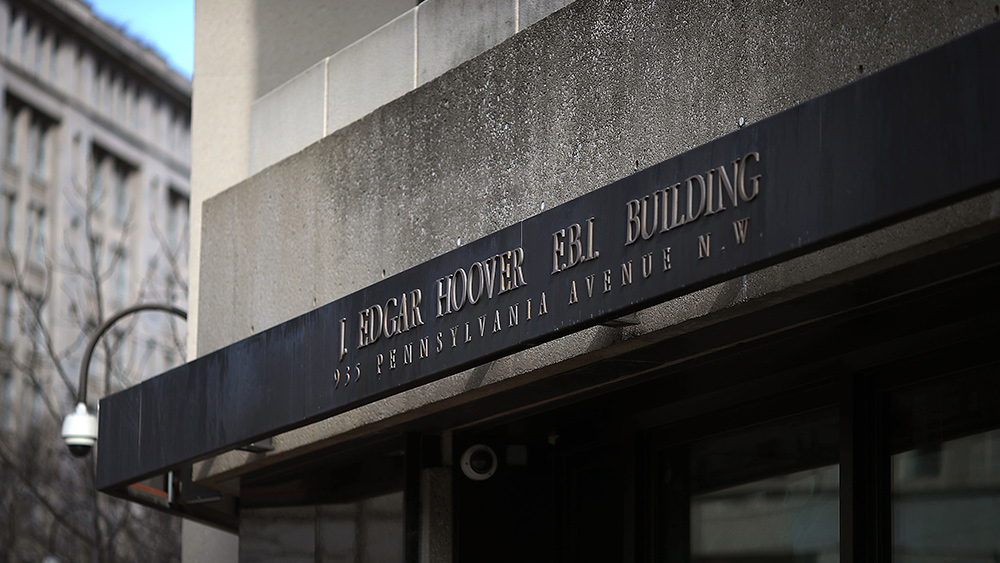
The situation between China and the United States is shaping up to be "Cold War 2.0" -- and nothing more, hopefully.
During the first Cold War, the communist regimes of Cuba and the Soviet Union were friendly even to a point of having Russian nuclear missiles placed on the island for a short period of time (see the Cuban Missile Crisis). Now, it looks as though China is following in the footsteps of the old USSR.
"China and Cuba are negotiating to establish a new joint military training facility on the island, sparking alarm in Washington that it could lead to the stationing of Chinese troops and other security and intelligence operations just 100 miles off Florida’s coast, according to current and former U.S. officials," The Wall Street Journal reported this week.
According to U.S. intelligence reports, discussions regarding a facility on Cuba's northern coast are in an advanced stage but have not been finalized. The Biden administration has reached out to Cuban officials in an attempt to prevent the agreement, taking into account potential Cuban reservations about relinquishing sovereignty. The establishment of a military training facility by Beijing in Cuba has not been publicly disclosed until now, the WSJ added.
As concerns grow in Washington regarding China's aspirations in the Caribbean and Latin America, the administration is simultaneously working to ease tensions with Beijing on various fronts, such as the issue of U.S. support for Taiwan. Secretary of State Antony Blinken recently made a visit to China, where he held high-level discussions with Chinese leader Xi Jinping.
"The trip appeared to halt a downward spiral in relations. But Blinken failed to secure China’s agreement to a U.S. proposal that the two countries resume military-to-military communications to avoid misunderstandings. He also raised U.S. concerns about Chinese intelligence activities in Cuba, according to a State Department statement," the WSJ noted.
According to U.S. officials, the mention of the proposed training facility in Cuba is included in recently obtained highly classified intelligence reports. The reports are considered convincing, although they are described as fragmentary in nature. The information has sparked varying levels of concern among policymakers and intelligence analysts, the outlet reported.
On June 8, The Wall Street Journal published a report stating that China and Cuba had tentatively agreed upon establishing a new eavesdropping site in Cuba. The White House responded to this article by dismissing the accuracy of the report without providing further details. However, two days later, the White House declassified intelligence information, which confirmed that Chinese intelligence collection facilities have indeed been present in Cuba since at least 2019.
"Current and former U.S. officials said a new military facility could provide China with a platform to potentially house troops permanently on the island and broaden its intelligence gathering, including electronic eavesdropping, against the U.S.," the outlet noted further.
Of particular concern to the United States is the fact that the proposed facility is a component of China's "Project 141." The initiative, led by the People's Liberation Army, aims to enhance its worldwide military bases and logistical support network, both a current and a former U.S. official told the WSJ.
According to U.S. officials, China and Cuba are already engaged in a joint operation of four eavesdropping stations on the island. These officials indicate that around 2019, this network underwent a notable upgrade, transforming a single station into a network of four sites that are now jointly operated. Furthermore, Chinese involvement in these activities has intensified, the officials said.
"Other Project 141 sites include a deal for a Chinese naval outpost in Cambodia and a military facility whose purpose isn’t publicly known at a port in the United Arab Emirates, a former U.S. official said. None of the previously known Project 141 sites are in the Western Hemisphere," the paper reported.
Sources include:
Please contact us for more information.



















